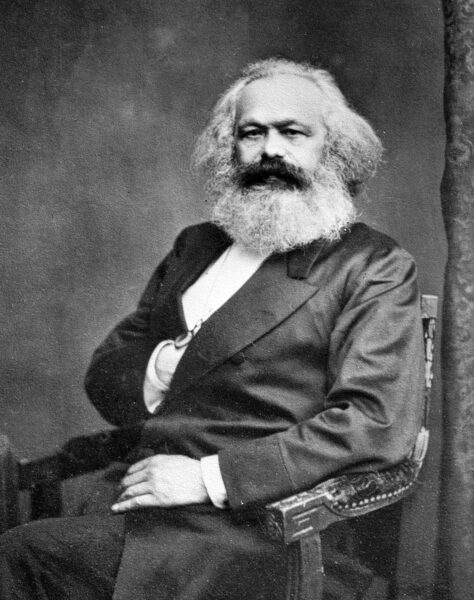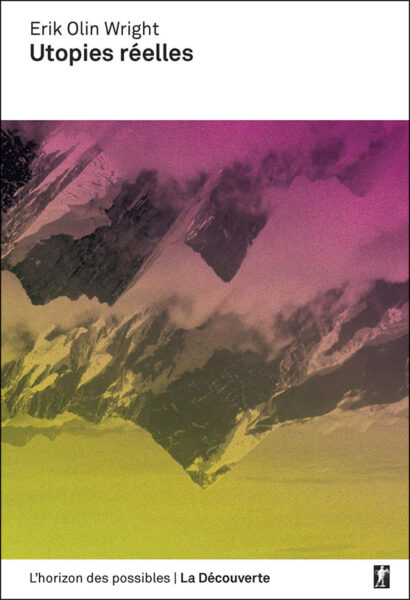Thomas More’s Utiopia Revisited
“Better than anyone else, he understands the political, social and ideological dead end in which the governments of Christendom find themselves” (…) “What to do ?” (…) “We do not have much time”.
“Besides the natural scoruges of humanity (war, famine and pestilence …) other factors contributed to create an unprecedented crisis” : the rise of a world-economy and of a new class of rich merchants, the corruption and incompetence of princes who know only how to increase taxes in order to finance their debt, a soaring speculation which evicts humble farmers and drives them to live on temporary jobs or to beggary, if not to theft and violence.
“What to do ?”. Compromise with the Prince and court him sufficiently to become his counsellor ? Or refuse to compromise and consider instead that the cause of evil might be economic structure and whether, by chance, men might be reasonable and hopeful enough to build a new world ?
Such was the dilemma confronted by Erasmus, Machiavelli, Luther and Thomas More at the turn of the 16th century and which moved the latter to write “Utopia” (1516). And such is the dilemma we face today for the 20th century shares many features with the 16th. By revisiting “Utopia”, Nicole S. Morgan (author of “Le Sixième Continent. L’Utopie de Thomas More”. Paris : Librairie Philosophique J. Urin, December 1995, 172p.) invites us to rediscover a scenario, which is both almost five hundred years old and startling current. In doing so, she decries fatalism and emphasizes the urgent need for a renewed humanism.
L'Utopie de Thomas More revisitée
Cet article fait partie de la revue Futuribles n° 205, jan. 1996



